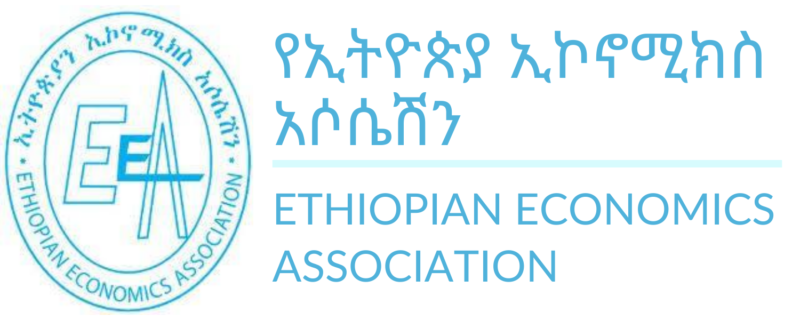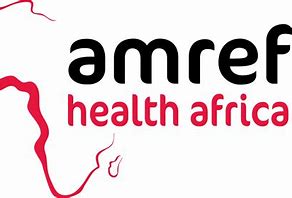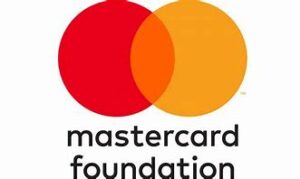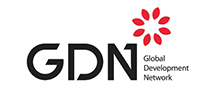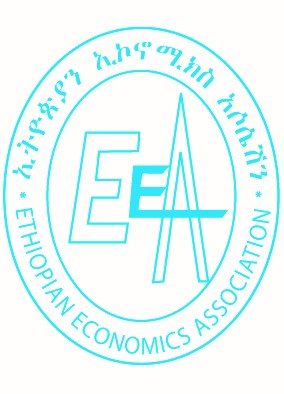- EEA’s Institutional Profile
The Ethiopian Economics Association (EEA) is a non-profit, non-partisan, and independent research and membership organization, established under Ethiopian law in 1991. Since its formation, EEA has strived to: a) provide its members platform of the network, experiential learning, and access to current information; b) generate evidence-based analysis on an evolving social, economic and environmental realities of Ethiopia so that policymakers, practitioners, the business community, researchers, development partners and the general public are informed; c) contribute to frontier and emergent economic thinking relevant to the Ethiopian context and to advanced research methodologies, academic rigor, and development processes. The Association publishes high-quality research outputs and disseminates the results of various research and conference activities through the Ethiopian Journal of Economics, annual and quarterly reports on the Ethiopian economy, proceedings of conferences, and working papers, among others.
Vision: EEA aspires to become a premier professional association serving as a center of excellence regionally and internationally for providing unconstrained and evidence-based economic policy research and analysis.
Mission: To provide a platform for networking, information and learning; to inform and influence evidence-based policymaking; to offer prioritized training, and to contribute to the advancement of the discipline of economics.
Values: Professionalism, integrity, independence, quality, efficiency, inclusiveness, teamwork, accountability and transparency.
Motto: Professionalism and Economic Thinking for Development!
- General Information
Project title: Economic Policy Making through Research, Training and Dialogue in Ethiopia (ERDE-II)
Funding organization: Open Society Initiative for East Africa (OSIEA), phase II
Duration of the project: 18 months (April 2021 to December 2022)
Amount of grant: $100,000.00
- Project Staff
Degye Goshu, Program manager
Arega Shumetie, Project coordinator
Dawit Teshale, Partnership and communication officer
Tariku Teklemariam, Accountant
- Project Objectives
The overall objective of this project is to enhance evidence-based socio-economic policy making and good economic governance in Ethiopia by conducting researches on topical issues selected based on their relevance to serve as an input to the policy formulation process during the high time when Ethiopia is dignified to undertake policy reforms. In addition, organizing different types of discussion forums on key socio-economic issues that can bring together diverse groups of the society including policymakers, CSOs, the private sector, academia, media, donors communities etc., is believed to contribute in promoting the socio-economic policy making process of the country. Hence, the specific objectives of the project are to:
- generate scientific evidence for informed socio-economic policymaking;
- build capacity of stakeholders in designing and implementing socio-economic policies and interventions;
- engage stakeholders in selected thematic areas of socioeconomic issues for improved and participatory economic policymaking; and
- organize debates among political parties and create platforms for the parties to design their potential economic programs to the Ethiopian people; and provide an opportunity for the general public to discover what the economic agendas of the political parties might be.
In order to realize the objectives of this project and the Association at large, the EEA will undertake the following four groups of interrelated activities:
- Research activities;
- Capacity building/training activities;
- Organizing policy dialogue forums; and
- Organizing political debates on 2021 national election.
Research
- Housing and Real Estate Markets in Urban Ethiopia; and
- Durable Commodities and Sectors for Sustainable Export Growth in Ethiopia.
Training
- Applied Financial Econometrics with Stata; and
- Efficiency and Productivity Analysis with Frontier.
Policy dialogue forums
- What Does Ethiopia Gain and Loss from AfCFTA?
- The Quest for Secondary Capital Markets in Ethiopia;
- Export Performance and Structural Problems in Ethiopia; and
- Foreign Debt in Ethiopia: Challenges and Policy Options.
Political debates
A political debate is a public debate to be held during the general election campaign, where the candidates of political parties expose their political opinions and public policy proposals to potential voters for criticism. One of the objectives of EEA is to realize evidence-based policy making, which will ensure better economic governance in the country. For good economic governance, the general public should be informed and make informed choices on whom to elect in the coming national election in May 2021. Accordingly, the EEA will organize political debates among political parties on selected socioeconomic issues such as Macro Economic issues; Gender and Women Economic policies and Land and Agriculture policies. The political debates (in different rounds) will engage about 19 political parties that will participate in the coming election.
